Search Fellows
Click on a Fellow below to view more information or create your own search.
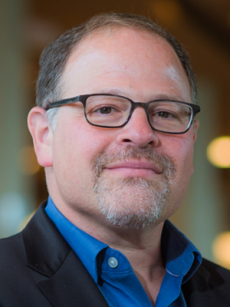
Adam Berinsky
Massachusetts Institute of Technology
Visiting Researcher
Adam Berinsky will work on a project examining interventions to stop or slow the spread of political misinformation. Berinsky will test the efficacy of existing approaches to combatting the spread of misinformation, such as having unlikely sources correct falsehoods. He will also examine and develop new interactive and scalable interventions to slow the spread of misinformation by leveraging advances in the field of Artificial Intelligence.
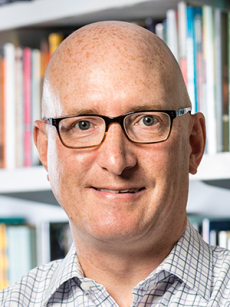
Scott W. Allard
University of Washington
Visiting Scholar
2022 to 2023
Allard will examine recent trends in poverty, mobility, and safety net provision across urban, suburban, and rural America. He will analyze geographic shifts in poverty and safety net provision in metropolitan and rural areas following the emergence of COVID-19 in 2020. He will also explore the relationship between local safety net capacity and economic mobility among low-income adults.
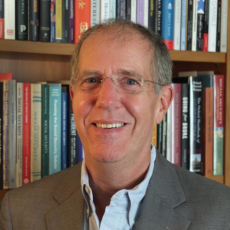
R. Douglas Arnold
Princeton University
Visiting Scholar
1995 to 1996
R. Douglas Arnold, professor of politics and public affairs at the Woodrow Wilson School, Princeton University, worked on a book that will provide the first systematic account of how local newspapers cover the activities of members of Congress. He selected a random sample of twenty-five newspapers, whose contents are available through computerized searching, and twenty-five congressional representatives, collecting more than 9,000 items about their actions for analysis. He drafted five chapters of a book to be titled Congress, the Press, and Political Accountability.
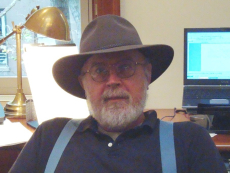
Robert H. Bates
Harvard University
Visiting Scholar
2008 to 2009
Robert H. Bates, Eaton Professor of the Science of Government at Harvard University, will write a book on the politics and economics of development in Africa during the second half of the twentieth century. Bates will draw on research he has conducted in 26 African countries, and will anchor his findings in both political and economic theory. The book will center on the idea of development as structural change – the movement from an agrarian to industrial economy, as well as the shift from a society based on families and villages to one based upon towns and cities.
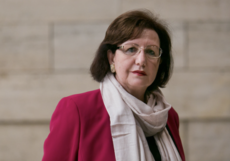
Seyla Benhabib
Harvard University
Visiting Scholar
2000 to 2001
Seyla Benhabib, professor of government at Harvard University, will draw upon political philosophy, jurisprudence, and contemporary social theory to investigate how immigration, naturalization, and citizenship practices can be made compatible with the human rights commitments of liberal democracies. A nation's sovereignty is defined by its borders, but a commitment to human rights is, by definition, borderless.
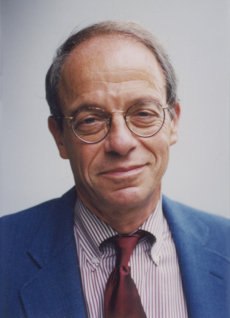
Steven J. Brams
New York University
Visiting Scholar
1998 to 1999
Steven J. Brams, professor in the department of politics at New York University, will study "fallback bargaining" as a facilitator of compromise in negotiations. In contrast to the give-and-take of traditional negotiations, parties in fallback bargaining retreat to successively less preferred positions until they agree on a middling outcome.
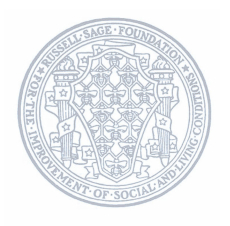
Demetrios Caraley
Columbia University
Visiting Scholar
1995 to 1996
Demetrois Caraley, professor of the Social Sciences at Barnard College, Graduate School of Arts and Sciences, and School of International and Public Affairs, Columbia University, conducted research for a book that will analyze cutbacks in federal aid to poor people and poor cities--what he terms a "reversal of the previous fifty years of American domestic policy." In addition to his empirical work, he examined the theoretical implications for American democracy of the refusal of the dominant majority to support help for the cities and the inability of the urban po
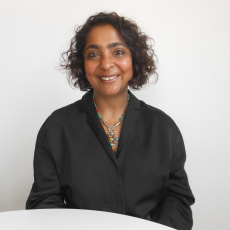
Kanchan Chandra
New York University
Visiting Scholar
2005 to 2006
Kanchan Chandra, Associate Professor of Politics at New York University, will develop and test a theory describing which political institutions are most effective in creating stable states and promoting individual well-being in multi-ethnic democracies.
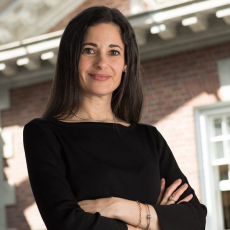
Elizabeth F. Cohen
Syracuse University
Visiting Scholar
2014 to 2015
Cohen will complete a book on immigration reform, assessing the ways in which the U.S. might enfranchise the large number of undocumented immigrants despite deep political disagreements over their presence. She will focus on how policymakers have crafted bipartisan compromises on immigration in the past using a set of political principles based on the immigration probationary period.
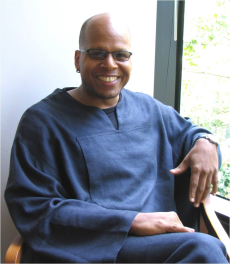
Christian Davenport
University of Maryland
Visiting Scholar
2006 to 2007
Christian Davenport, Associate Professor of Political Science at the University of Maryland, College Park, will complete a book exploring how the September 11 attacks affected the policing of protest in the United States. Using a database of protest events in the United States from 1980 to 2005, he will examine what makes police responsive to protests, what leads police to use physical force or violence against protestors, and how these factors have changed in recent years.
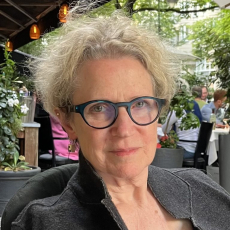
Colleen A. Dunlavy
University of Wisconsin-Madison
Visiting Scholar
1998 to 1999
Colleen A. Dunlavy, associate professor of history at the University of Wisconsin, Madison, will prepare a book on shareholder democracy in nineteenth-century Britain, France, Germany, and the United States. Although democratic corporate governance was originally the norm in all four nations, American firms responded to the organizational challenges of advanced industrialism by centralizing control, leading to the "great merger movement", while European firms favored cartel formation.
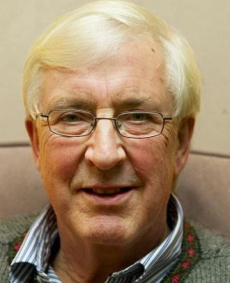
Jon Elster
Columbia University
Visiting Scholar
1996 to 1997
Jon Elster, professor of Political Science at Columbia University, spent a semester at the Foundation working on two projects, one on rationality and emotion and the other on the neurophysiological and behavioral explanations of addiction. A volume of essays, Getting Hooked: Rationality and Addiction, written by members of a working group of Norwegian and American scholars interested in addiction, is to be published by Cambridge University Press.
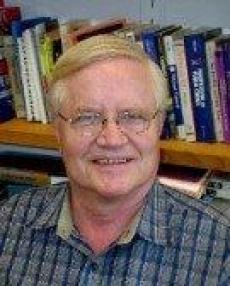
Robert S. Erikson
Columbia University
Visiting Scholar
2013 to 2014
Erikson will write a series of articles that investigate low voter turnout in the United States. Using multiple survey sources, Erikson will scrutinize the assumption that if nonvoters were to partcipate, their political behavior would not be very different from that of currently active voters.
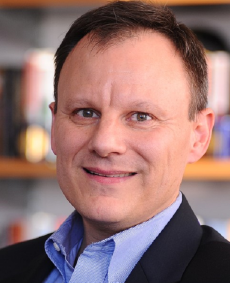
Timothy Frye
Columbia University
Visiting Scholar
2019 to 2020
Frye will explore the conditions under which employers mobilize their workers during elections using administrative data and post-election surveys in nine countries. He will explore the causes, consequences and prevalence of this form of workplace mobilization
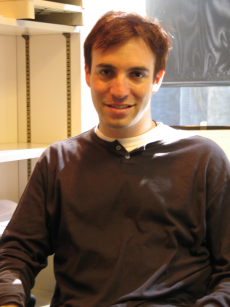
Paul Frymer
University of California, Santa Cruz
Visiting Scholar
2007 to 2008
Paul Frymer, Associate Professor of Politics, University of California, Santa Cruz, will complete a book on the efforts by the U.S. government to racially integrate and diversify labor unions in the mid-twentieth century. Frymer acknowledges that the exponential increase in the numbers of African American union members between 1930 and 1980 was a significant civil rights accomplishment. But he argues that the federal government’s use of litigation to accomplish this goal played a major role in weakening the U.S.
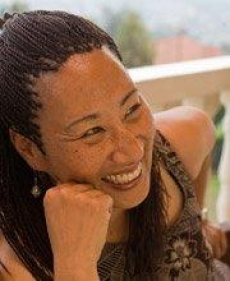
Lee Ann Fujii
University of Toronto
Visiting Scholar
2013 to 2014
Fujii will investigate the process that drives people to join in brutal forms of violence against neighbors in their communities. Using data from intensive interviews and primary documents, Fujii will research the public display of violence in three contexts: the Bosnian War, the Rwandan genocide, and Jim Crow Maryland.
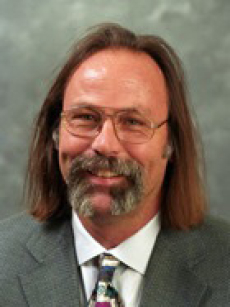
James L. Gibson
Washington University in St. Louis
Visiting Scholar
2012 to 2013
Gibson and Milton Lodge will examine the use of judicial symbols (robes of judges, the honorific forms of address, the temple-like buildings in which courts are usually housed) to inculcate democratic values in different cultural contexts. They will test their hypothesis that citizens who positively view judicial symbols are more likely to accept court decisions they disagree with. They hope to understand why people obey the law and whether judicial symbols enhance the efficacy of courts.
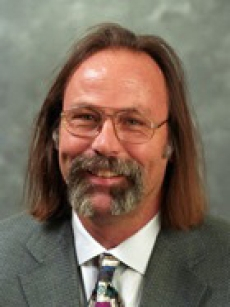
James L. Gibson
Washington University in St. Louis
Visiting Scholar
2001 to 2002
James L. Gibson, Sidney W. Souers Professor of Government at Washington University, St. Louis, will address the relationship among truth commissions, retributive justice, and the legitimacy of legal institutions in South Africa. One of the most difficult problems facing regimes attempting a transition from authoritarianism to democracy is the problem of retributive justice.
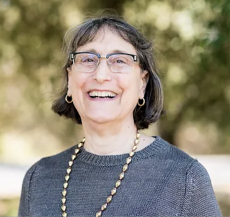
Miriam Golden
University of California, Los Angeles
Visiting Scholar
2000 to 2001
Miriam A. Golden, professor of political science at the University of California, Los Angeles, will analyze the causes of political corruption in Italy from 1948 to 1994. In recent years, scholars have unveiled the networks of corruption in Italian politics, but they have not explained why such widespread corruption persisted in a relatively wealthy democracy.
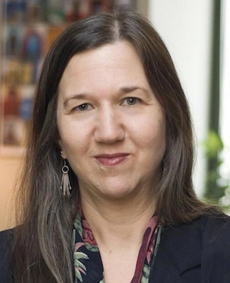
Janet C. Gornick
Graduate Center, City University of New York
Visiting Scholar
1999 to 2000
Janet C. Gornick, assistant professor of political science at Baruch College and the Graduate Center, CUNY, will author a book on public policies that support the employment of mothers with young children. The United States lags behind the rest of the industrialized world in providing child care services, family leave schemes, employment protection for part-time workers, and public school schedules that suit working mothers. Mothers are thus forced into unstable working patterns that may contribute to the strikingly high rates of child poverty in this country.
